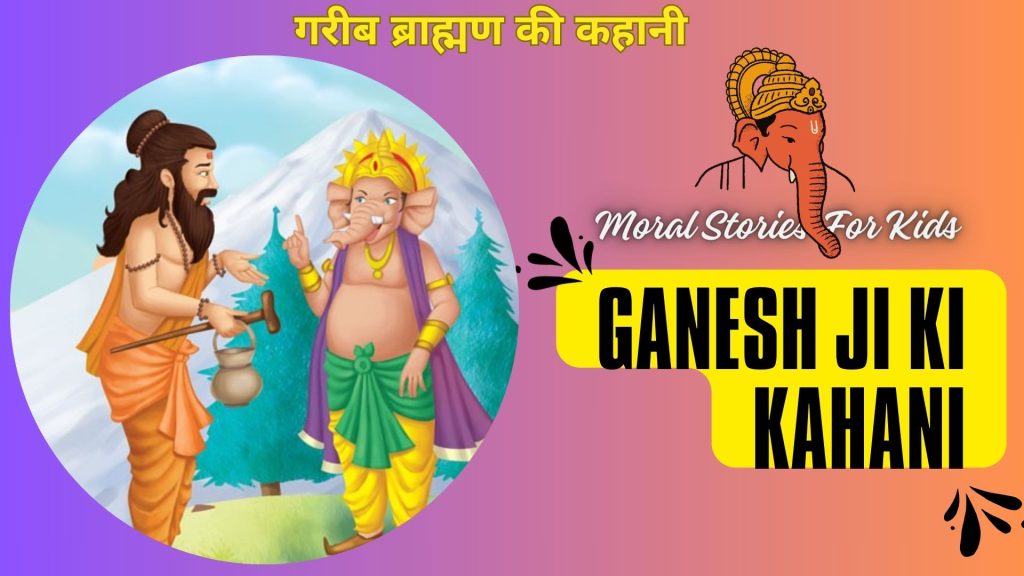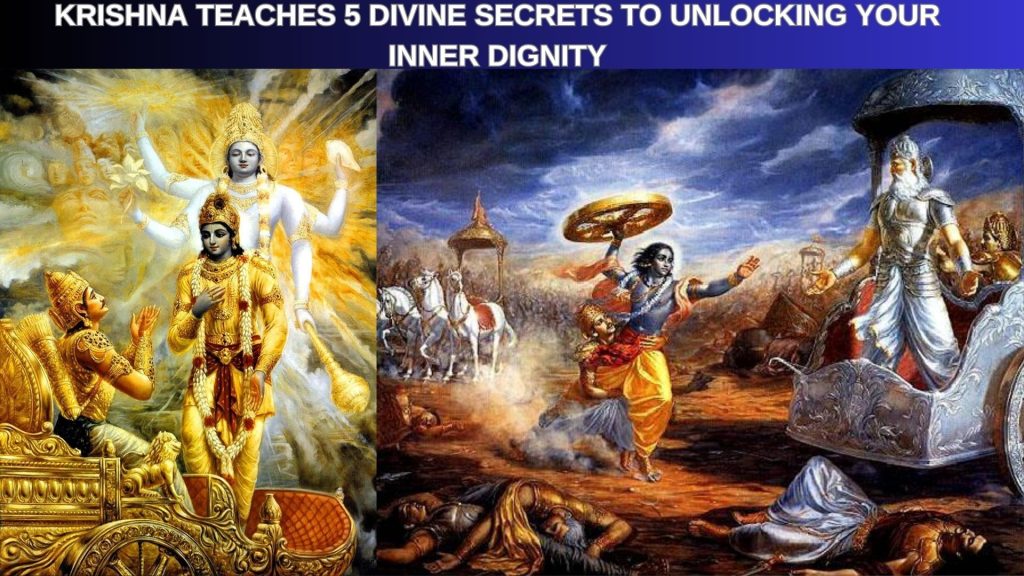On performing your duty:
- Chapter 2, Verse 47: कर्मण्येवाधिकारस्ते मा फलेषु कदाचन। मा कर्मफलहेतुर्भूर् मा ते सङ्गोऽस्त्वकर्मणि॥ (karmanye vadhikaraste ma phaleshu kadaachana, ma karmaphalaheturbhur ma te sangostvakarmani) – “You have the right to perform your actions, but you are not entitled to the fruits of your actions. Never consider yourself the cause of the results of your actions, and never be attached to not doing your duty.”
On accepting the cycle of life and death:
- Chapter 2, Verse 27: जातस्य हि ध्रुवो मृत्युर्ध्रुवं जन्म मृतस्य च। तस्मादपरिहार्येऽर्थे न त्वं शोचितुमर्हसि॥ (jātasya hi dhruvo mṛtyurdhruvaṃ janma mṛtasya ca, tasmādaparihārye’rthe na tvaṃ śocitumarhasi) – “For the one who is born, death is certain, and for the one who dies, birth is certain. Therefore, you should not grieve for what is inevitable.”
On finding inner peace:
- Chapter 4, Verse 24: यः सर्वत्रानभिस्नेहस्तत्त्वज्ञः सर्वार्थात्मवान्। यः सदासर्वात्मभूतश्च तं प्राहुर्मुनिसर्वतः॥ (yaḥ sarvatrānabhisnehas tattvajñaḥ sarvārthātmān, yaḥ sadās सर्वात्मभूतश्च tam prāhur munissarvataḥ) – “He who is free from attachment everywhere, who is knowledgeable in the Self, who sees the Self in all beings, he is called a sage by the wise.”
On the importance of knowledge:
- Chapter 4, Verse 34: ज्ञानविज्ञानतपःसंबद्धः कर्मण्यधिकारो मे। मा फलहेतुर्भूर्माते मा युद्ध्यस्व विकर्मणा॥ (jñānavijnānatapasambaddhaḥ karmaṇyadhikāro me, mā phalaheturbhūr māte mā yuddhyasva vikarmani) – “My right is only to perform actions joined with knowledge, wisdom, and spiritual austerity. Never consider yourself the cause of the results of your actions, and never fight with the desire for personal gain.”
Read :- महाकालेश्वर मंदिर की कहानी | Ujjain Mahakal Temple Story

Read :- 5 Divine Secrets to Unlocking Your Inner Dignity


